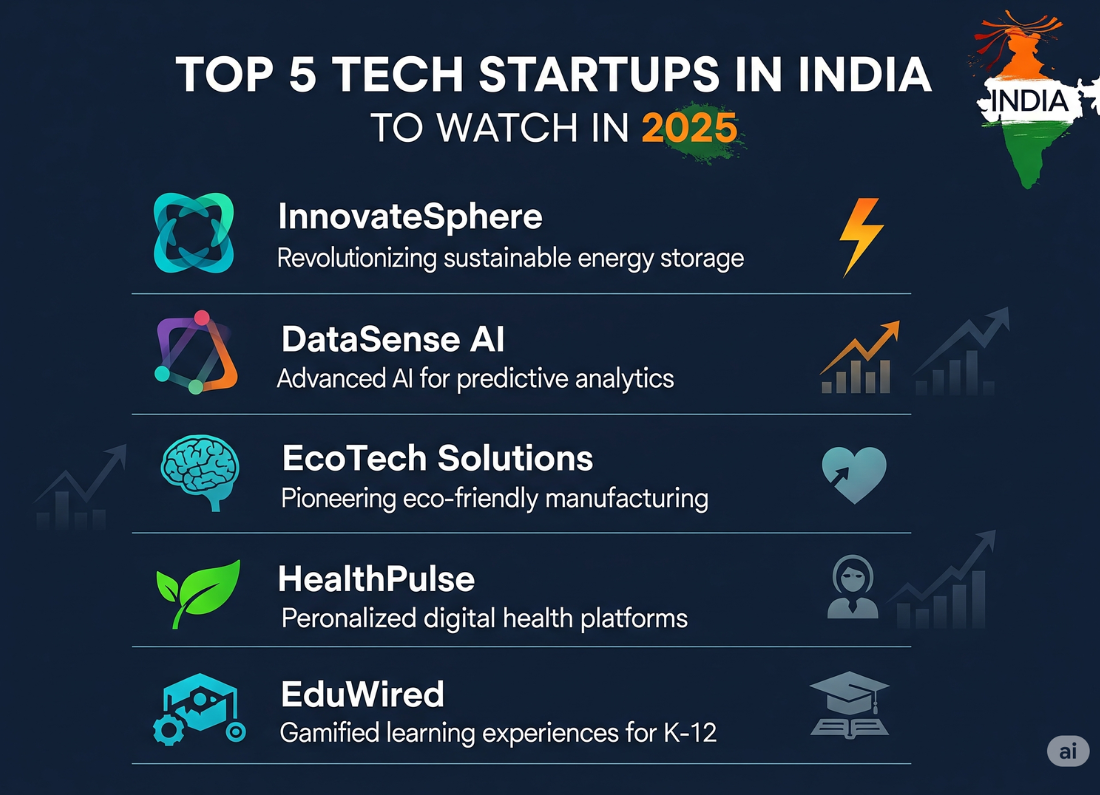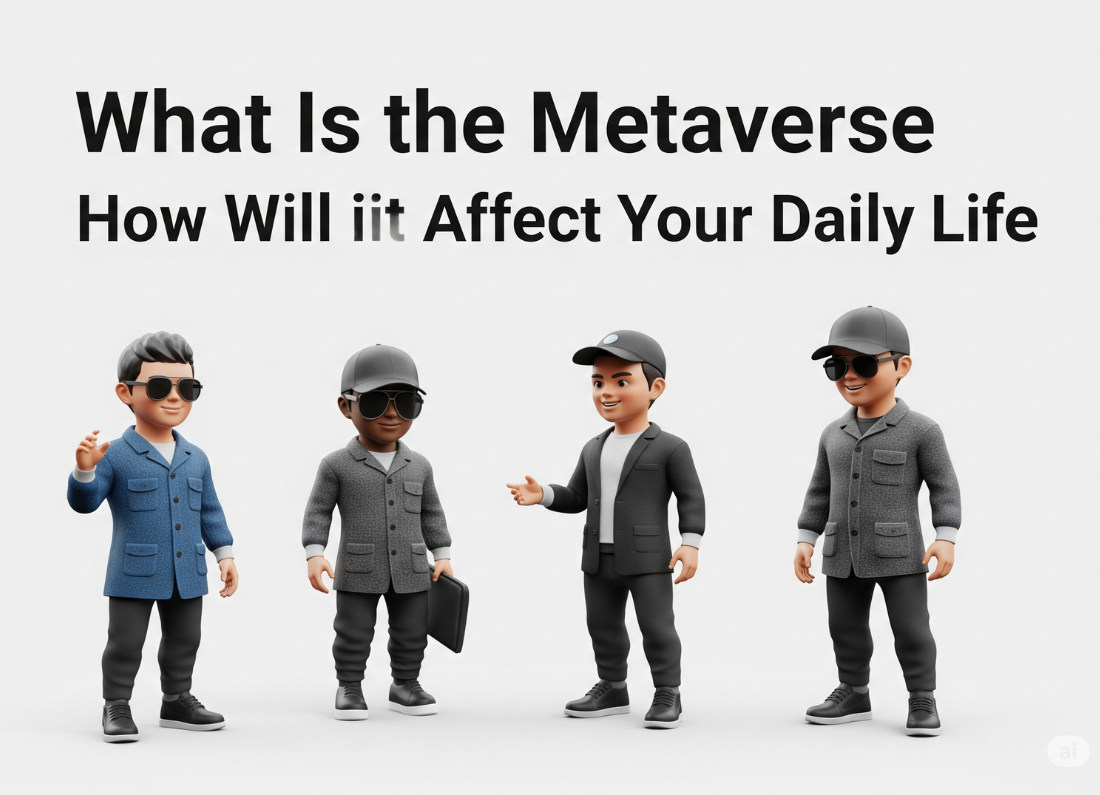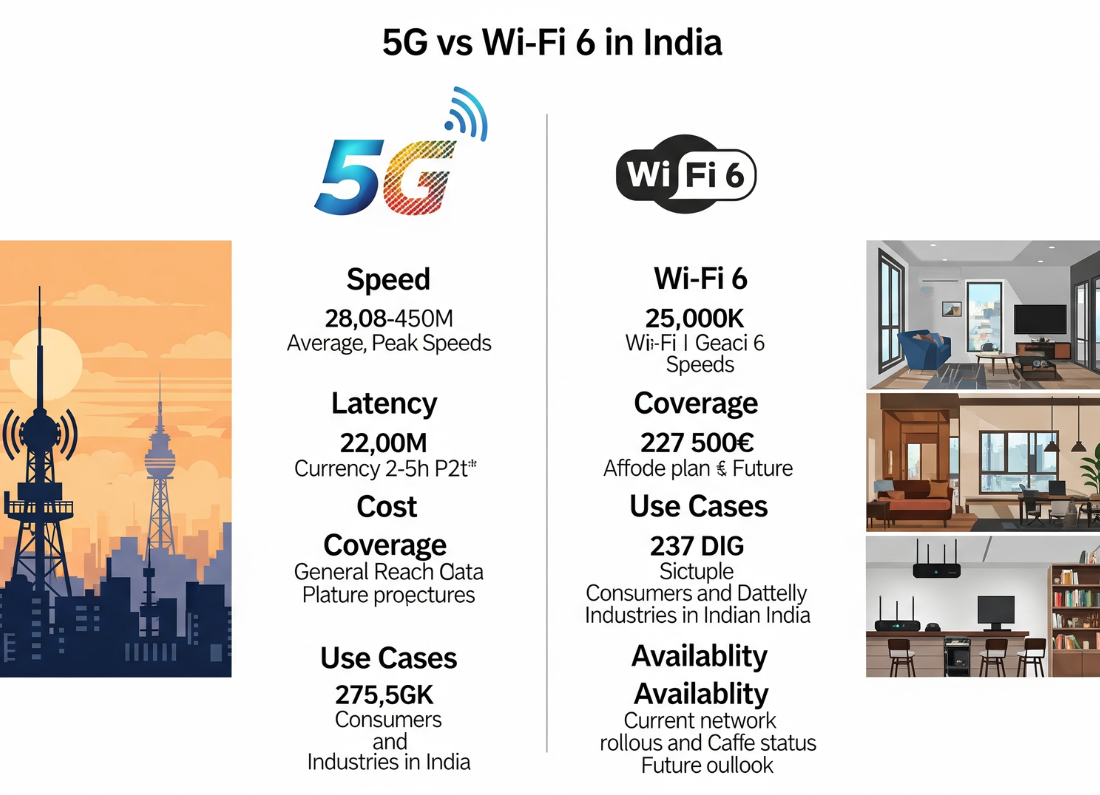📍 Introduction
In a world driven by data, computing power is everything. Traditional computers—while powerful—are reaching their limits in solving highly complex problems. Enter quantum computing—a new frontier in computer science that has the potential to revolutionize industries, solve impossible equations, and change how we interact with technology.
In this article, we’ll explore what quantum computing is, how it works, why it matters globally, and how quantum computing in India is becoming a priority for tech advancement.
🧠 What Is Quantum Computing?
Quantum computing is a type of computing that uses quantum bits (qubits) instead of classical bits to perform operations. While classical bits can only be 0 or 1, qubits can exist in multiple states at once—thanks to two quantum principles: superposition and entanglement.
This means that quantum computers can process much more data, more efficiently, than traditional computers.
🔬 Key Concepts in Quantum Computing
1. Qubits
Qubits are the basic unit of quantum information. Unlike a bit that is either 0 or 1, a qubit can be both simultaneously (a superposition).
2. Superposition
This allows quantum computers to perform multiple calculations at once, giving them exponential speed in solving problems.
3. Entanglement
Qubits that are entangled affect each other’s state even when separated. This allows for ultra-fast data correlation and computation.
4. Quantum Gates
Like logic gates in classical computers, quantum gates manipulate qubits to perform operations.
🖥️ How Is Quantum Computing Different from Classical Computing?
| Feature | Classical Computing | Quantum Computing |
|---|---|---|
| Data unit | Bit (0 or 1) | Qubit (0, 1, or both) |
| Processing method | Sequential | Parallel via superposition |
| Speed | Limited by transistor size | Potentially exponential |
| Use cases | Everyday tasks, gaming | Drug discovery, encryption |
| Development stage | Mature | Emerging, experimental |
🌐 Why Does Quantum Computing Matter?
Quantum computing is not just faster—it opens the door to solutions we couldn’t imagine before. Here are some fields where it can make a huge difference:
1. Cryptography and Cybersecurity
Quantum computers can potentially break current encryption systems—but they also enable stronger, unbreakable quantum encryption.
2. Drug Discovery & Healthcare
They can simulate molecular structures with incredible accuracy, speeding up drug development and personalized medicine.
3. Finance
Quantum computing can optimize portfolios, detect fraud faster, and analyze large-scale risk scenarios instantly.
4. Artificial Intelligence (AI)
Quantum computing can dramatically improve machine learning models by handling complex data sets and computations.
5. Climate Change & Weather Prediction
With more precise data modeling, quantum systems can improve weather forecasting and climate simulations.
🇮🇳 Quantum Computing in India
India is taking bold steps in quantum research. In 2020, the Government of India launched the National Mission on Quantum Technologies & Applications (NM-QTA) with a ₹8,000 crore (approximately $1 billion USD) budget over five years.
Key Initiatives in India:
- IISc Bangalore, IIT Madras, and IIT Bombay are actively conducting quantum research.
- QSim, India’s first quantum computer simulator toolkit, helps researchers and students learn quantum programming.
- Startups like Qulabs.ai and BosonQ Psi are developing quantum-powered solutions for aerospace and finance.
🚀 Global Players in Quantum Computing
- IBM Quantum – Offers cloud access to quantum computers.
- Google’s Sycamore – Achieved “quantum supremacy” in 2019.
- Microsoft Azure Quantum – A cloud ecosystem for quantum experiments.
- D-Wave Systems – Specializes in quantum annealing for optimization problems.
🧩 Challenges in Quantum Computing
Despite its promise, quantum computing is still evolving. Key hurdles include:
- Decoherence: Qubits lose their state quickly.
- Error Rates: More prone to computational errors.
- Scalability: Building stable, multi-qubit systems is hard.
- Cost: Equipment and research are highly expensive.
But with rapid advancements, these issues are being tackled every year.
📚 Should You Learn Quantum Computing?
Yes—especially if you’re in tech, engineering, physics, or mathematics. Even if you’re a student or entrepreneur, understanding the basics of quantum computing will give you a competitive edge in the next wave of innovation.
Learning Resources:
- IBM Quantum Experience (Free online platform)
- Qiskit by IBM (Open-source SDK for quantum programming)
- edX and Coursera courses on quantum computing
🧠 Real-Life Examples of Quantum Computing
- Volkswagen: Optimized taxi routes using quantum algorithms.
- JP Morgan Chase: Experimenting with risk analysis via quantum.
- ExxonMobil: Modeling carbon capture and clean energy systems.
✅ Conclusion
Quantum computing isn’t just a scientific concept anymore—it’s a transformative technology shaping the future of global industries. As India invests heavily in quantum research, there’s huge potential for Quantum Computing in India to lead the charge in solving global challenges like cybersecurity, medicine, and environmental modeling.
Whether you’re a tech professional, student, or curious learner—now’s the time to start understanding this game-changing field.















Leave a Reply